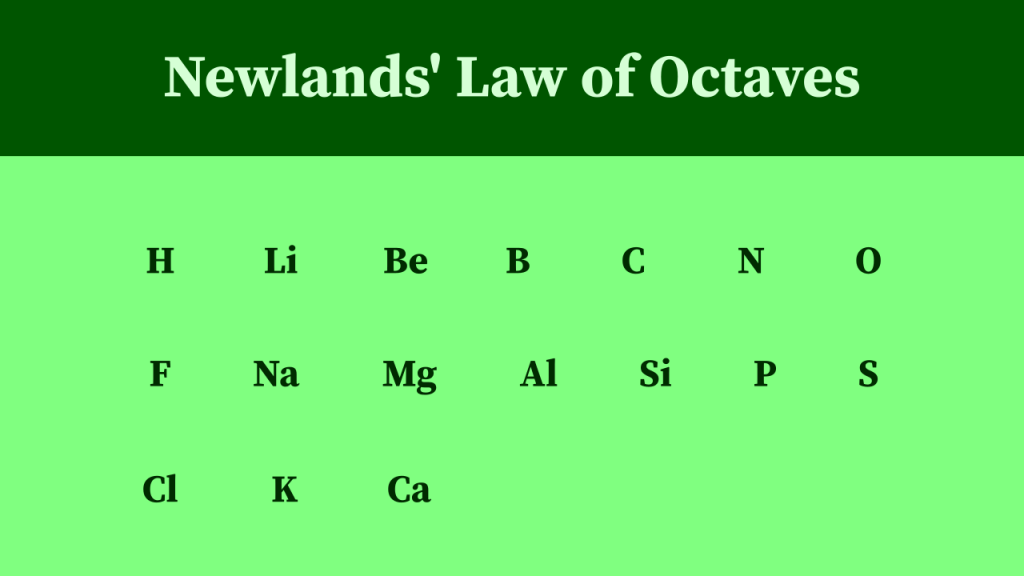
The law of octaves, also known as Newlands’ law of octaves, was a hypothesis proposed by John Newlands in 1865. It stated that chemical elements, when arranged in order of increasing atomic weight, exhibited similarities to the notes of an octave in music. He noted that, when elements were arranged in order of increasing atomic weight, every eighth element had similar properties to the first. This formed the basis of the modern periodic table. The law of octaves was later disproved by Dmitri Mendeleev, who proposed an improved version of the periodic table that included additional columns for elements that had not yet been discovered.
The law of octaves limitation is the idea that the number of elements in a sequence or series of events is limited to eight. It states that after the eighth element, the same element will repeat itself in a different form. This concept is often seen in music theory, where the octave is the eighth note, and the same note is repeated in a higher or lower register. The law is also used in the study of chemical elements, where each element is placed in a group of eight elements according to atomic weight. This is known as the periodic table of elements.
